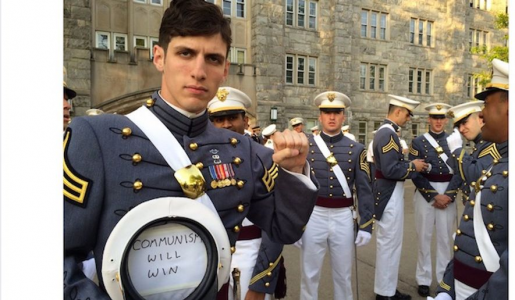Did you happen to notice that in almost all of those states they either use rank choice voting or allow votes to be mailed election day?How, in 2022, 5 days after the election, can some districts (see CA in link below) still have less than 40% of the vote counted?! This is completely mind-boggling. When did voting and tallying become so complex?
https://www.cnn.com/election/2022/r...n&filter-key-races=false&filter-flipped=false
This seems new for two reasons. The first is increased scrutiny about our election process and state laws. This isn't something I think really became widespread on the average American's level until the last election.
The second is we're seeing a larger amount of close races than we'd be expecting right now, so whereas a race would normally be called without all the votes in (DeSantis for example) we've got situations like the one local to me where there are less than 1000 votes separating the candidates, in what was expected to be a 9+ point district for one of them.
There are legit reasons to look at our process and see that it needs improved. Florida's system is one of the better ones for speed. Their laws allow them to begin counting mail-in/absentee ballots when they are received, not wait until election day. That allowed for 1.1 million ballots to be rreceived and counted almost 10 days before the election. If we assume everyone voted for the governor, that's a decent number of the 7.7 million total that did it days before the election. Clearly their system is one other states should replicate.
ETA: That NBC link is actually a good example of what I'm talking about with close races. Florida is still counting thousands of votes like other states, but the remaining votes won't change the results. Having a GOP blowout of Dem candidates is what made them seem so fast.

